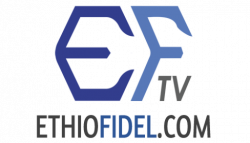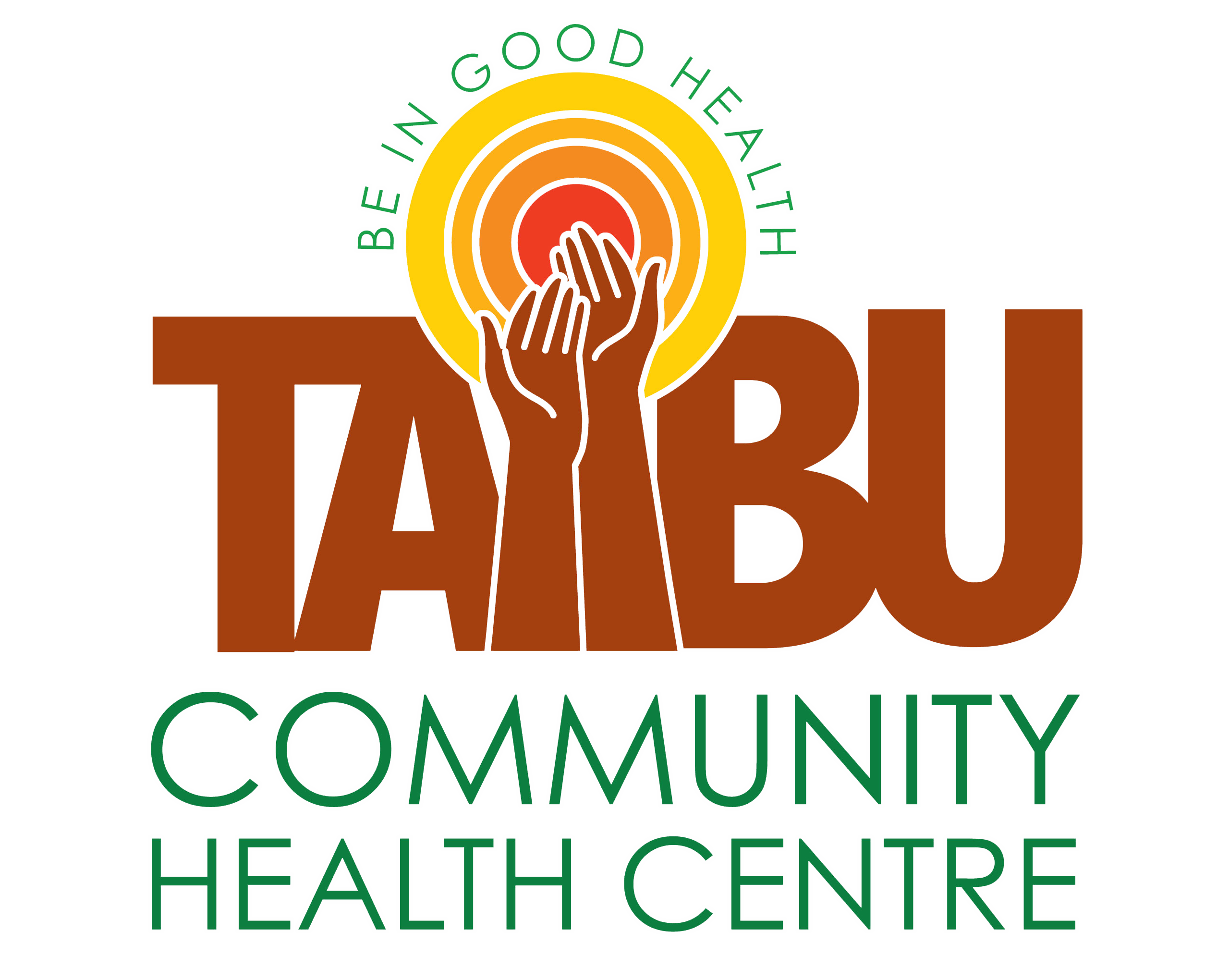February is a Black History Month in Canada. This gives us an opportunity to celebrate Black excellence, heritage and history while reflecting on challenges. Ethiofidel website and Podcast features Mesrak Lissanu, an Ethiopian Canadian who has over 20+ experience in the pharmaceutical industry in Canada. She is a District Sales Manager at Abbott Diabetes Care. Mesrak reflected about her professional journey, charity involvement, the significance of Black History Month and tips for newcomers seeking employment.
Ethiofidel : You are an accomplished professional for over 20 years in the Pharmaceutical industry, in research, customer service, marketing, sales training and people leadership. Can you tell us about yourself and your journey?

Mesrak I was born in Ethiopia to the most loving family. My mother died at a young age, and since then, I have always wanted to be in healthcare, directly or indirectly making a difference. I moved to the US at ten from Ethiopia with my older brother, and I was fortunate to have uncles and aunts who took me in and gave me the support I needed. After high school, I moved to Canada, finally reunited with my immediate family and pursued my schooling here.
I studied Biochemistry at Ryerson. After graduating, I immediately landed a lab technician job at Abbott with the help and mentorship of a friend who was already in the industry. I quickly realized that research was not my passion and somehow knew I wanted to experience the impact of what we were developing in the labs and be in the frontline.
Long story short, that was when I first heard that a ‘pharmaceutical sales representative’ was even a thing, and it is a job many were successful in! I researched it and knew I had to somehow get into the commercial side of the business first to even get a chance. I started applying for entry-level roles on the commercial side of the industry, and it was very difficult to get in. I then applied for a bilingual French Customer Service role, knowing that was my only opportunity to get my foot in the commercial side of the business. Once in, I looked for opportunities to work my way up. Since then, I have worked in various roles such as Marketing, Sales, Training and Development, and leadership roles in numerous therapeutic areas regionally and nationally.
Ethiofidel : You were born in Ethiopia and lived most of your life in the US/Canada. Share with us how the two worlds shape you?
Mesrak Typically, the reason for most immigrating to the US/Canada is traditionally rooted in a desire for a better life. Whether that involves seeking freedom from persecution, obtaining an education, securing a successful career, or simply forging a new beginning that provides greater opportunities, the common denominator among immigrants is typically the hope for a better future. My parents’ sacrifices as immigrants to give us a better future inspired me to make them proud and ensure their sacrifices were meaningful. Witnessing the sacrifices, they had to endure to provide a better life for our family has been the primary motivation for me. It emphasizes the value of hard work and gave me the determination to overcome challenges in the US/Canada whether it is racism, struggling to pay for my education, biases, finding a job and fitting in. I merely mention these struggles to demonstrate how they shaped my perception of life and work ethic.
I was always encouraged at a young age to work hard, be just, ethical, and most importantly, to be authentic and know my worth. That solid background, combined with all the opportunities I could tap into in the US/Canada, allowed me to recognize the sacrifices made to get me to where I am today. As a Black Ethio-Canadian woman, I am privileged and blessed to have both worlds to draw from and contribute back to society.
Ethiofidel.You are involved with a charity in Canada called People to People Canada and I know you travelled back to Ethiopia with medical supplies and equipment recently for Ethiopians affected by the war, why do you feel compelled to give back to your nation and community?
Mesrak As part of upbringing and heritage, I grew up watching my parent and family giving back to others. Their selfless giving inspired me to do the same.
I believe we all have a responsibility to do our part when we can. We all need a helping hand from time to time. It is often our communities that support us in those hard times, and I know I am a by-product of someone being there for me in every aspect my life. For me giving back is a must, and frankly, it gives me purpose. The fulfilling feeling of giving back and contributing to society is unparalleled. Remember, they say, “The best way to find yourself is to lose yourself in the service of others.” When you help others, you gain more out of it than what you give. It is the most gratifying thing in life!
5. Every year in February we celebrate Black History month. What does Black History month mean to you?
Mesrak Black History Month is a month of celebrating the contributions of Black people throughout history. It’s an opportunity to look at history afresh, reclaiming Black identity and relearning Black history. But it is now long overdue to change the “Month” in Black History Month to a “YEAR.” Black History Year means honouring the challenges many Black men and women faced, educating society on the challenges they still face, and celebrating the challenges they overcome throughout the year.
6. You are one of the founding members of Advancing Black Talent in Pharma (ABTiP), what is the mission and vision of this organization?
Mesrak At ABTiP our ambition is to foster the development and growth of Black Talent within and throughout the Canadian pharmaceutical/life sciences industry enhancing the talent diversity and achieving a sustainable Black representation.
We are committed to the development and implementation of education programs, mentorships, coaching, networking, and other relevant initiatives designed to enhance individual self-development and competencies to fully realize one’s career aspirations and growth in the pharmaceutical and life sciences industries in Canada. Through outreach across the Canadian pharmaceutical and life sciences industries ABTiP aims to raise the level of awareness of the systemic biases and challenges faced by emerging Black Talent. Our vision is to elevate and achieve a sustainable representation of members of the Black community in the Canadian pharmaceutical/life sciences industry. To learn more about ABTiP’s mission and vision click here.
7. Are we, as a Canadian society, receptive to diverse talents in pharmaceutical or any other sector?
Mesrak : I personally feel there is still a huge gap in the pharmaceutical industry and many other sectors in Canada. There is lots of research that showcase we still have a long way to go. It has also been proven that a diverse workforce leads to diverse ideas, diverse solutions to challenges, innovation and ultimately productivity and greater effectiveness as an organization. Most employers are getting this wrong.
When you look at what’s important to diverse talent, they are interested in having secure employment; they’re interested in companies with ethical standards, they’re interested in working towards an inspiring purpose, they’re interested in high future earnings, a friendly environment that creates a sense of belonging, working in an organization that has respect for its people and professional training development opportunities. A focus on belonging, support, and trust is the key to making continuing progress on attracting, retaining, and advancing diverse talent.
8. What action can organizations take to promote and advance diversity and inclusion?
Mesrak : Canadian organizations have a valuable opportunity to refocus on evolving their organizational cultures to embrace diversity and be more inclusive. A racial reckoning in 2020 prompted many companies to acknowledge that existing corporate efforts simply have not done enough to address racial inequity in the workplace or the vast wealth gap.
This is where leaders can start by taking an honest look at their own company through the eyes of Black employees, seeking the belonging, support, and trust that all employees need. This awareness, coupled with a frank examination of the data around representation, retention, promotion, and employee engagement, can help executive leadership teams develop a common understanding and begin to model the inclusive behaviour that the rest of the organization needs to learn and adopt. It also allows leaders to decide how to measure progress and, importantly, how they will hold themselves and other leaders in the organization accountable for it.
8. Is there one person that inspires you to do more?
Mesrak :I find inspiration in a variety of people and things. But my father comes to mind, he always taught me to live with integrity and to give more than I receive and most importantly “Help those who are stumbling before they hit the ground”- the Amharic version sound so much more inspiring and eloquent “ሰውን መርዳት ሊወድቅ ሲንገዳገድ ነው እንጂ ከወደቀ በኋላ አደለም”
9. What advice do you have to newcomers in Canada who wish to emulate a career like yours?
Mesrak : There are many resources newcomers in Canada can tap into to help individuals navigate the system provide them with tools and support. For example, employment services such as ACCESS Employment can help them find a job. They offer customized programs to help newcomers successfully find work that reflects individual skills and experience and help develop the skill sets required to get into the pharmaceutical industry. These programs also arrange mentoring programs to help connect you to professionals who will support your career growth with skill development workshops.
I would suggest the following for instance:
· It is important to proactively join organizations such as ABTiP (Advancing Black Talent in Pharma) to learn more about the industry, seek mentorship coaching opportunities, and network as much as possible.
· Have a professional review their resume and LinkedIn profile
- Continuously build their network of influence through Linked in and personal engagement when Covid lifts
- Volunteer to demonstrate their skill sets and to build on those where there are gaps and development opportunities.
- When interviewing, tie in their international experience and how it relates to the job they are applying for, i.e., worked on/in global teams, supporting different countries.
- Be bold and brave and ask for a coffee date or Teams/zoom meeting with someone from a company they wish to target. Ask questions about the business – learn as much as you can about the country and culture.
- Make sure the companies’ vision and mission align with yours.
Ethiofidel: Thank you Misrak for taking the time to talk to ethiofidel.com












